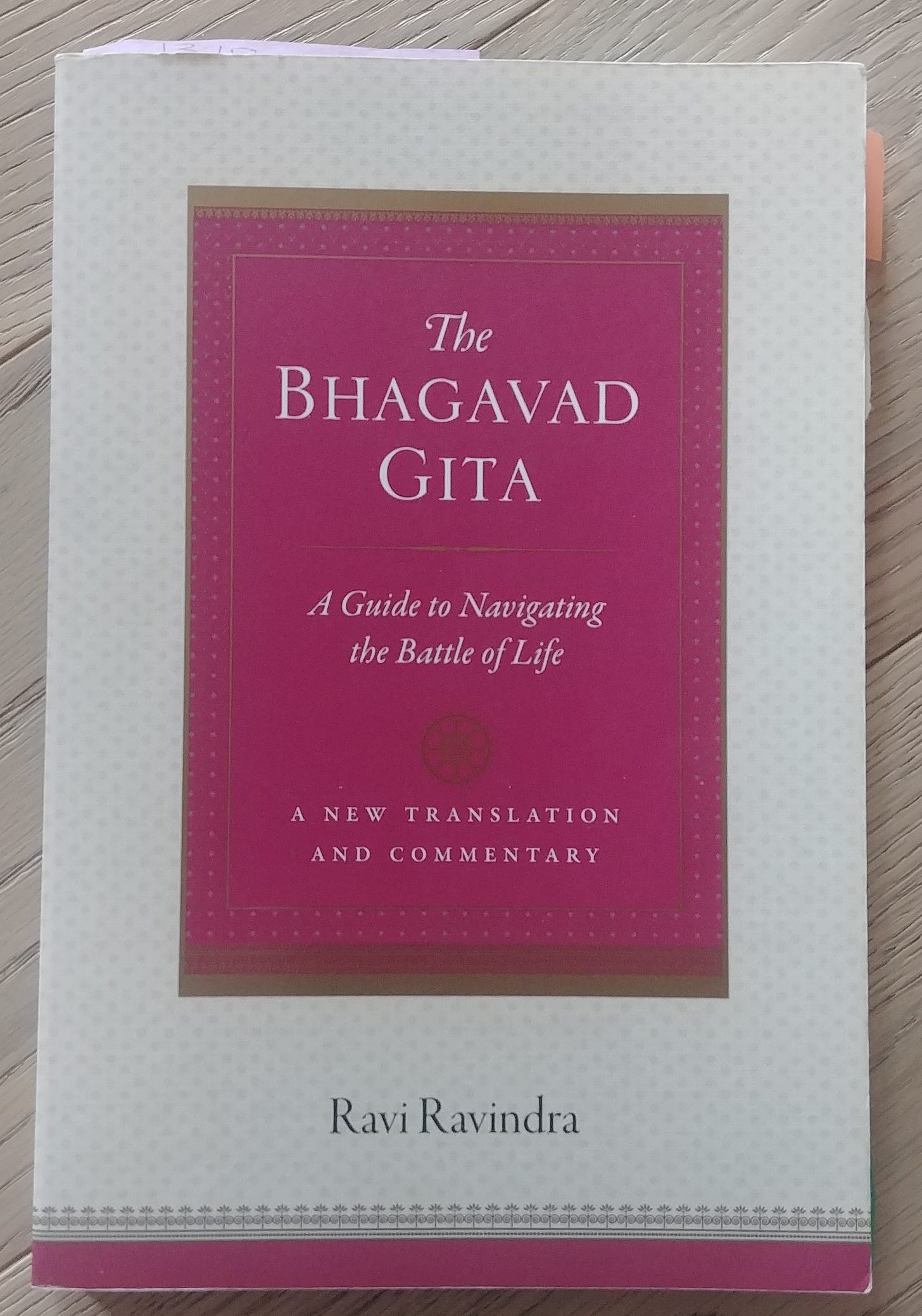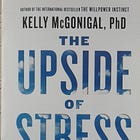Journey to Self Discovery
Yoga is more than asana poses
In our busy and uncertain times, many are drawn to yoga to reduce stress and increase relaxation. Yoga as a lifelong practice, is more than stretching and mastering poses in a weekly class, although that is a perfect way to get started.
Yoga is also about the inner journey of self-discovery. Getting to know your body and how you feel physically or emotionally, leads to further inquiry about what happens before or after you react to the circumstances in your day.
Developing healthier responses to anxiety, frustration, distress, or other strong emotions is a personal practice and also can be supported by respectful, thoughtful and conscious dialogue with others.
the primary aim of yoga is to restore the mind to simplicity, peace and poise,
to free it from confusion and distress (B.K.S Iyengar)
Stress is a modern definition, created less than a hundred years ago, to describe certain types of responses. Eastern philosophy does not separate the mind from the body or spirit, and does not consider health and healing from treatment of the symptoms.
Ancient teachings, over two thousand years ago, addressed the benefits of yoga and meditation based on practical experience and intuitive observation. We still follow the holistic approach to health and wellbeing from eastern teachings that have been translated and interpreted with each generation.
A classic text in yoga studies is “The Bhagavad Gita.” I prefer the recent translation by Ravi Ravindra. Some of the main themes that resonate with me is that yoga is an inward discovery of yourself and that although the journey is personal and unique, it is also well worth having discussions with like-minded people to give context and support. As I read and re-read Ravindra's commentary, I am inspired by his precise use of language and practical approach to the teachings.
In yoga and meditation, we learn to distinguish between reacting emotionally and responding mindfully. Ravindra calls this relaxing the emotions. Having emotions is part of being human, and it is also worth questioning who or what is controlling the emotions or the reactions. There is a difference when you respond to your circumstance as compared to feeling like the situation is not in your control.
Related Posts






I really appreciated learning Ravindra’s framing of “relaxing the emotions.” I have been thinking a lot about men and how we are raised as boys. There’s a popular joke about the word “fine“ being an acronym for/another way of saying effed up, insecure, neurotic, and emotional. I just realized how guys make being emotional a problem.